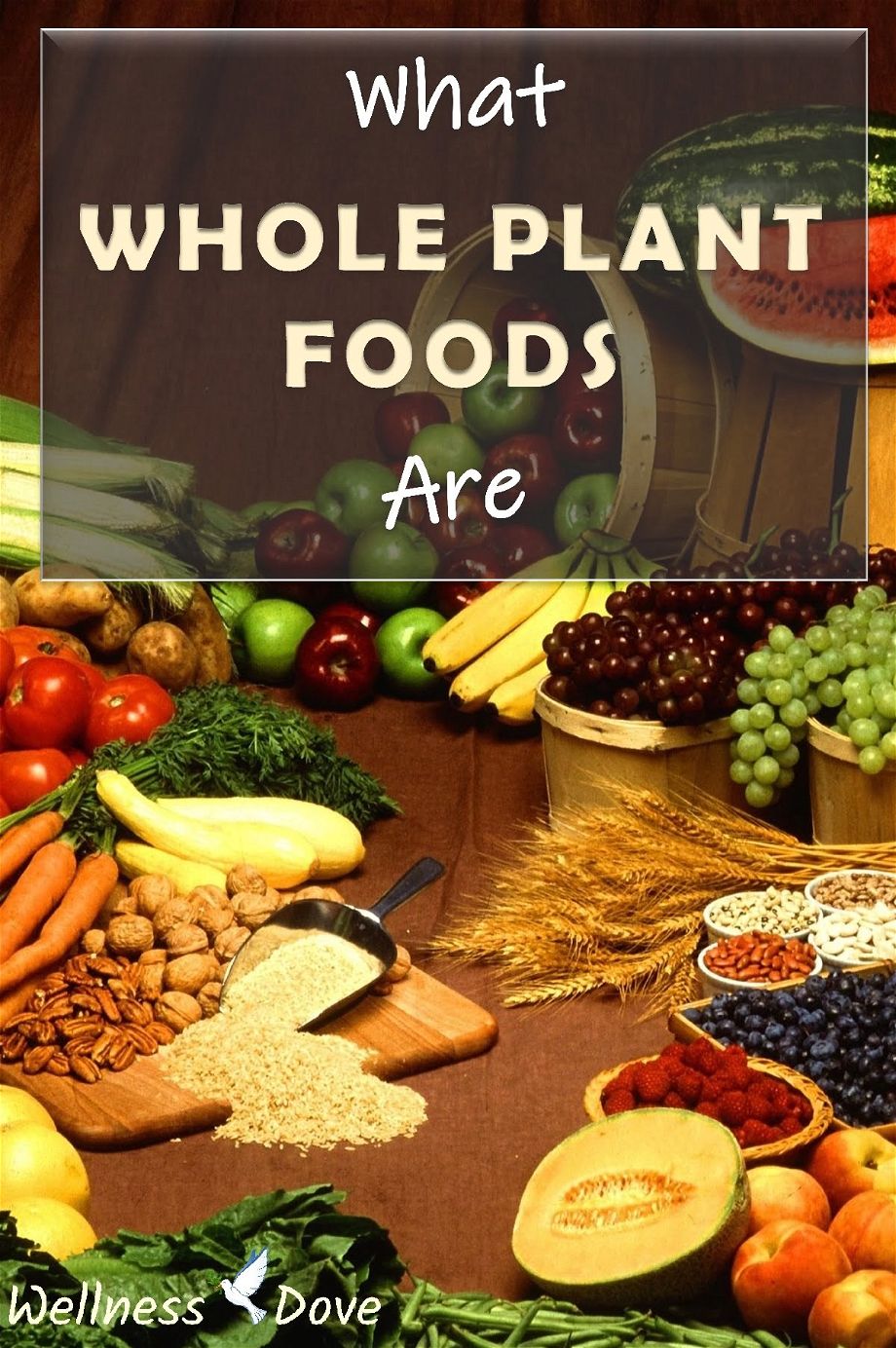 A plant-based diet, a vegan diet, a whole foods plant-based diet…
A plant-based diet, a vegan diet, a whole foods plant-based diet…
They all seem to be used interchangeably by some but can have a vast difference for others.
At WellnessDove we think that there is a difference so here is what we understand by a whole plant foods.
Post Contents
Vegan or plant-based?
When it comes to describing a diet style, a both vegan and plant-based mean the same thing: a diet that does not include animal foods of any kind.
Vegan, however, means that you refuse to use any animal products in all aspects of life, not only your diet.
Generally, people tend to choose such diet/lifestyle for a variety of reasons:
- to protect and protest against the abuse of animals;
- to protect the planet as animal agriculture is the biggest pollutant of the environment;
- to achieve and sustain health as well as reverse disease.
These are all valid points and we, personally, try to apply them all in our life.
That said, perfection is not the point here. That is why we prefer to say we are plant-based or the vast majority of the foods we eat are plants.
Whole natural plant foods
We believe the word ‘whole’ is the most important word here.
Technically, the standard western diet is plant based as ~60% of all foods come from plants.
Not whole plants, though.
Rich in processed foods such as white flour, sugars, oil, fake soy burgers even.
Foods that have been processed so much that little to none nutrition actually remains in them.
White flour is made by removing the kernel and the barn from whole wheat. By doing that the vase majority of the nutritious vitamins, antioxidants and phytonutrients are removed and what’s left is almost pure sugar.
Fake vegan soy burgers, cheeses or whatever fake processed junk you see at the store are simply that: fake.
Nothing natural is in them, the isolated soy proteins, the hydrogenated and cooked oils…
Oil… The processed brother of sugar. Pure fat.
In oils, the fat is extracted from the sunflower seeds or the olives or the flax. All the nutrition is thrown away and only pure fat remains.
Fat that is so unnatural that cannot be absorbed properly. The human body immediately detoxifies by storing it as body fat… and makes you fat.
Olives are nutritious. Sunflower seeds are rich in protein and vitamins. Flax seeds is super rich in essential Omega 3 fats. Whole wheat is a source of all the B vitamins (apart from B12) among others.
Whole plant foods are the foods we were designed to eat.
They are easy to spot – flax seeds are just that – flax seeds.
They should not be changed in any way apart from being ground.
Hummus is chopped chickpeas and herbs.
Nothing is extracted from the chickpeas, nothing has changed their chemical composition.
You cannot say the same for whole olives vs processed olive oil.
And we dare say, olives (and all whole plant foods) taste a lot better whole.
Do not judge a food or a recipe by the name tag
In any case, vegan, plant-based, whole food plant-based is just a name that many people understand differently.
Many recipes we find on the internet claim to be whole plant foods but contain some oil, sugar or white flour. A lot of them advice to cook the oils.
Well, probably a bit of oil will not hurt you and if a bit of oil is what you need to eat the food, it’s OK.
The point here is that you should read the ingredients before you buy or prepare a recipe.
Check for yourself and do not trust labels completely.
On WellnessDove, our recipes are made from whole plant foods. Most of them oil-free and sugar-free.
We also have the occasional treat that has some sugar in it. And that is OK by us.
You need not be perfect, just try to be whole as much as you can.
And, as always, seek health consciously.



